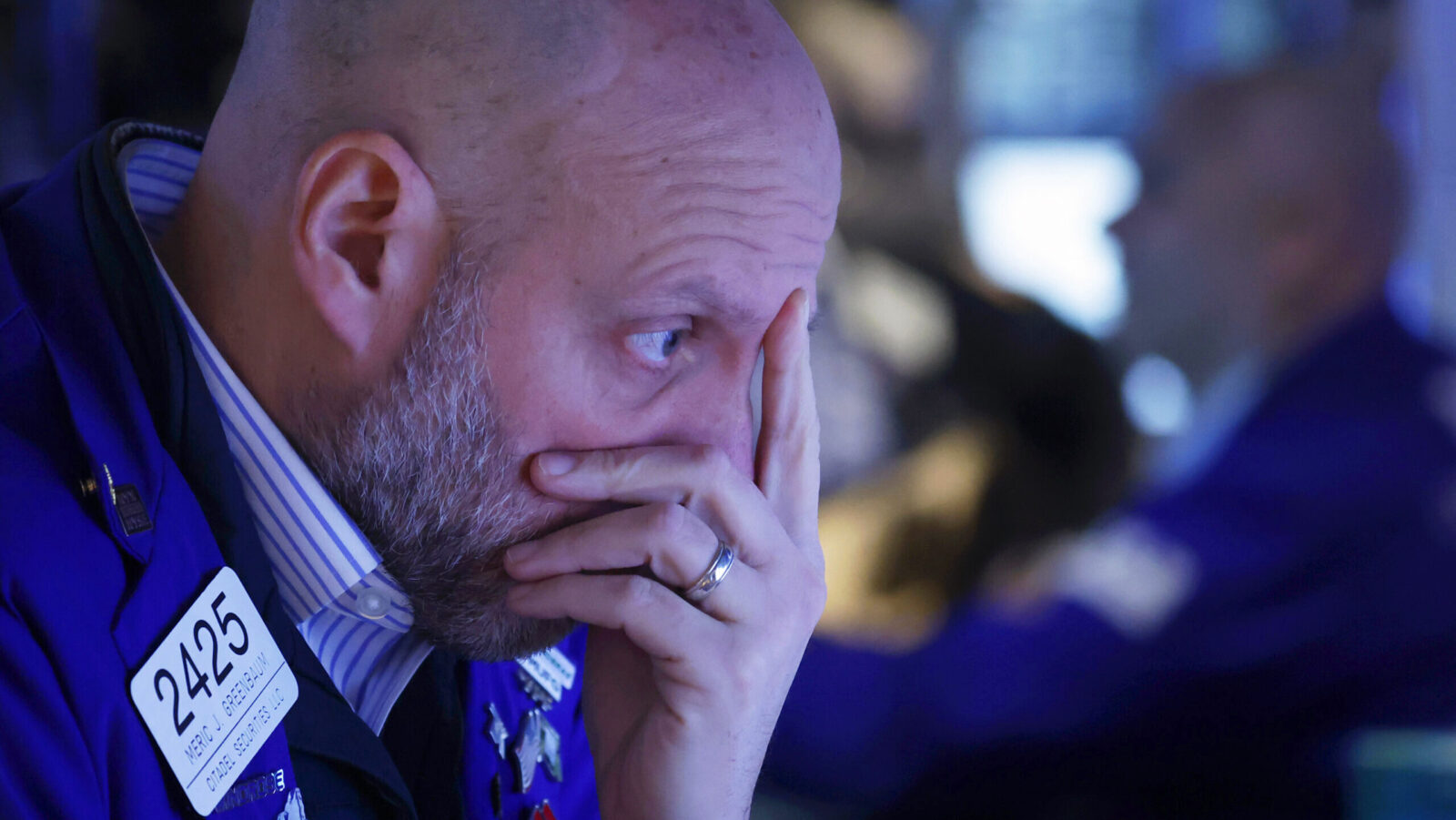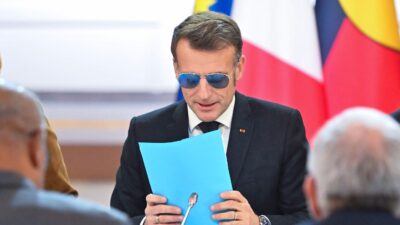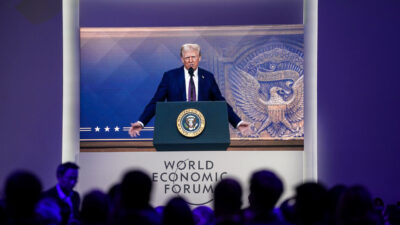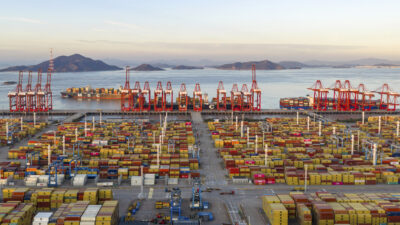Fed Declines to Bet Economy on Outcome of US-China Trade Talks
A trace of optimism has emerged as US and Chinese representatives will meet in Switzerland over the weekend to talk tariffs.
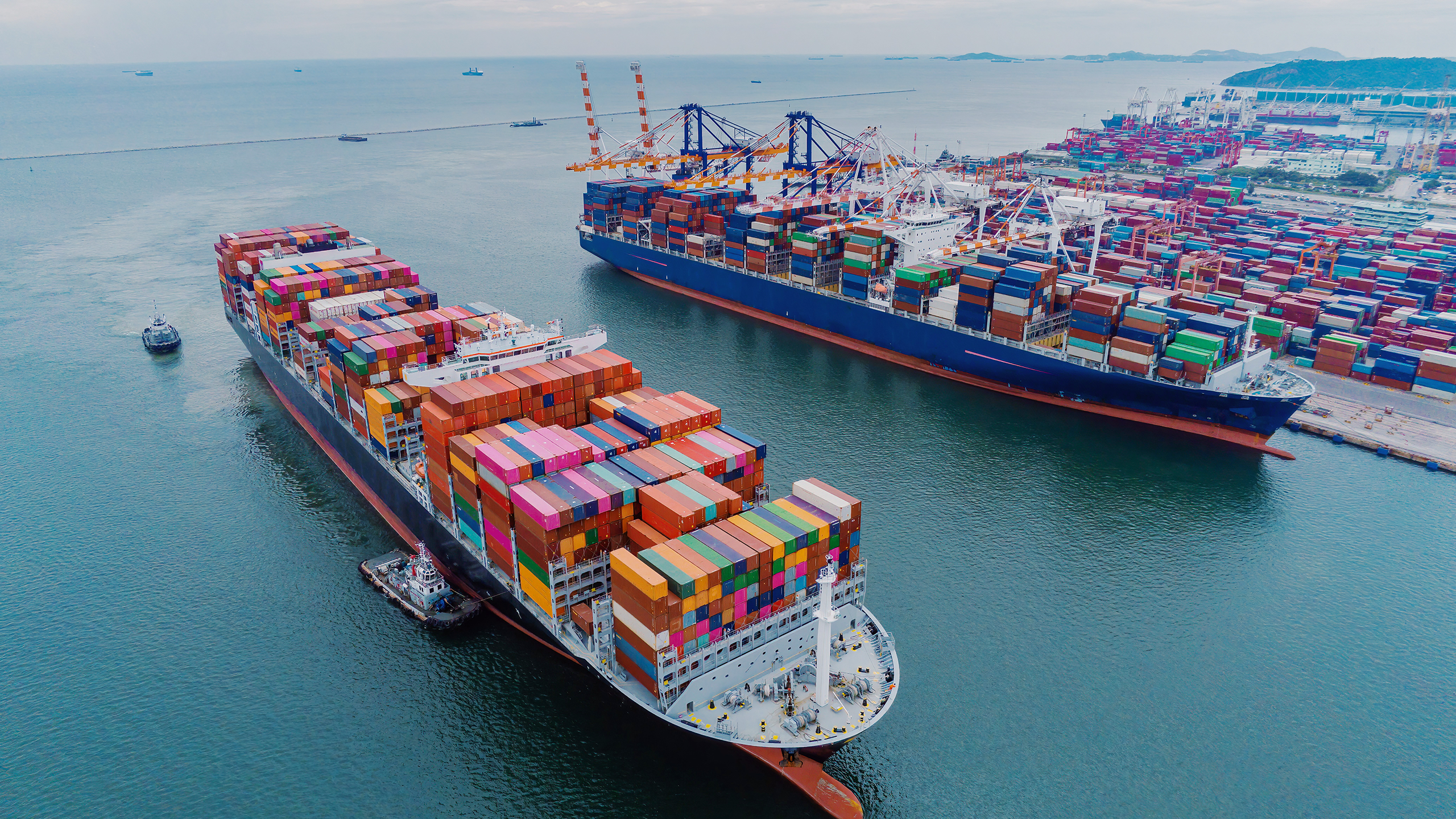
Sign up for smart news, insights, and analysis on the biggest financial stories of the day.
What begins in Switzerland over the weekend could have a dramatic impact on the US and global economies … or be a total nothing-burger.
In so many words, such was the dry and sage analysis of Federal Reserve Chair Jerome Powell, when asked at a Wednesday news conference about plans for US and Chinese officials to hold negotiations about tariffs in the Alpine nation. Markets digested the Fed’s decision to hold interest rates steady amid the tariff uncertainty, and Beijing’s confirmation that the meeting is a go, with similar caution.
Decoupling Therapy
You know the short of it: President Trump placed a 145% tariff on most goods from China last month and China retaliated. Economists have said the impact of the tariffs — including a 10% baseline levy on many other countries — will likely begin to show up in the second quarter’s hard economic data. In the meantime, there are already statistical breadcrumbs that signal a downturn in the US-China goods trade, which amounted to $582 billion last year.
Chief among them is a slowdown at the largest port complex in America and the country’s gateway to Pacific trade. The Port of Los Angeles said it expects a 35% year-over-year decrease in imports for the week of May 4 to 10. The Port of Long Beach — whose CEO Mario Cordero warned last week that many retailers are only stocked up for eight weeks or less and could be “depleting in a very short time” — is expecting a 38% decline. This weekend’s meeting in Switzerland could be the first step toward reversing that trend, and cooling rhetoric has led some on Wall Street to hope for the best:
- Treasury Secretary Scott Bessent, who will participate in the Switzerland talks and first mentioned them on Fox News on Tuesday, said “We don’t want to decouple — what we want is fair trade.” Goldman Sachs Chief Economist Jan Hatzius, in a note that same day, picked up on the softening tenor, writing: “The mood music with China has improved, and we expect the US tariff rate on China to drop from around 160% to around 60% relatively soon.”
- Powell, who has perhaps the most scrutinized poker face on earth, remained neutral about the outcome of negotiations. “We’re in a new phase where the administration is entering into beginning talks with a number of our important trading partners, and that has the potential to change the picture materially or not,” he said. The Fed won’t make “conclusive judgments” about things that haven’t happened, he added, having earlier noted that Trump’s April 2 tariffs were “substantially larger than in our forecasts” as an example of why that’s a wise approach.
Markets closed higher as investors digested Beijing’s confirmation of the talks, Powell’s remarks, and the Fed’s decision to leave interest rates unchanged for now. The S&P 500 rose 0.4%, the Dow Jones added 0.7% and the Nasdaq gained 0.3%.
What Does He Know? Tariffs outside of the US-China trade rift may soon be reduced, according to BMW. The German luxury carmaker reported a 25% drop in first-quarter profit, but boldly stuck by its annual profit guidance for 2025. CEO Oliver Zipse predicted the 25% US tariffs on foreign cars will fall, citing the company’s discussions with US officials. “Our reading, based on all the networks that we have at our disposal, is that we assume that something will change in July,” he said. Certain traders would say that about the Fed, too.




